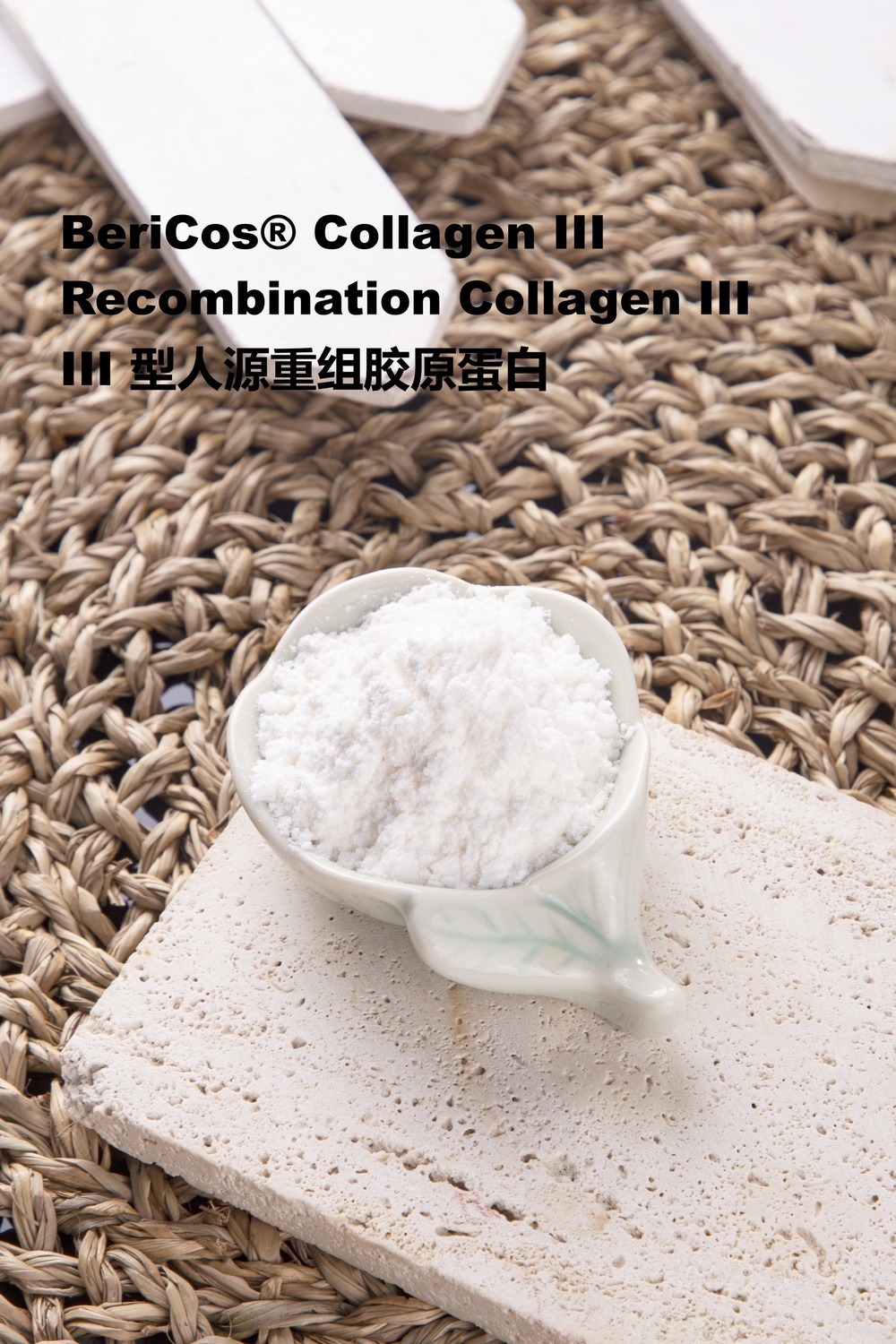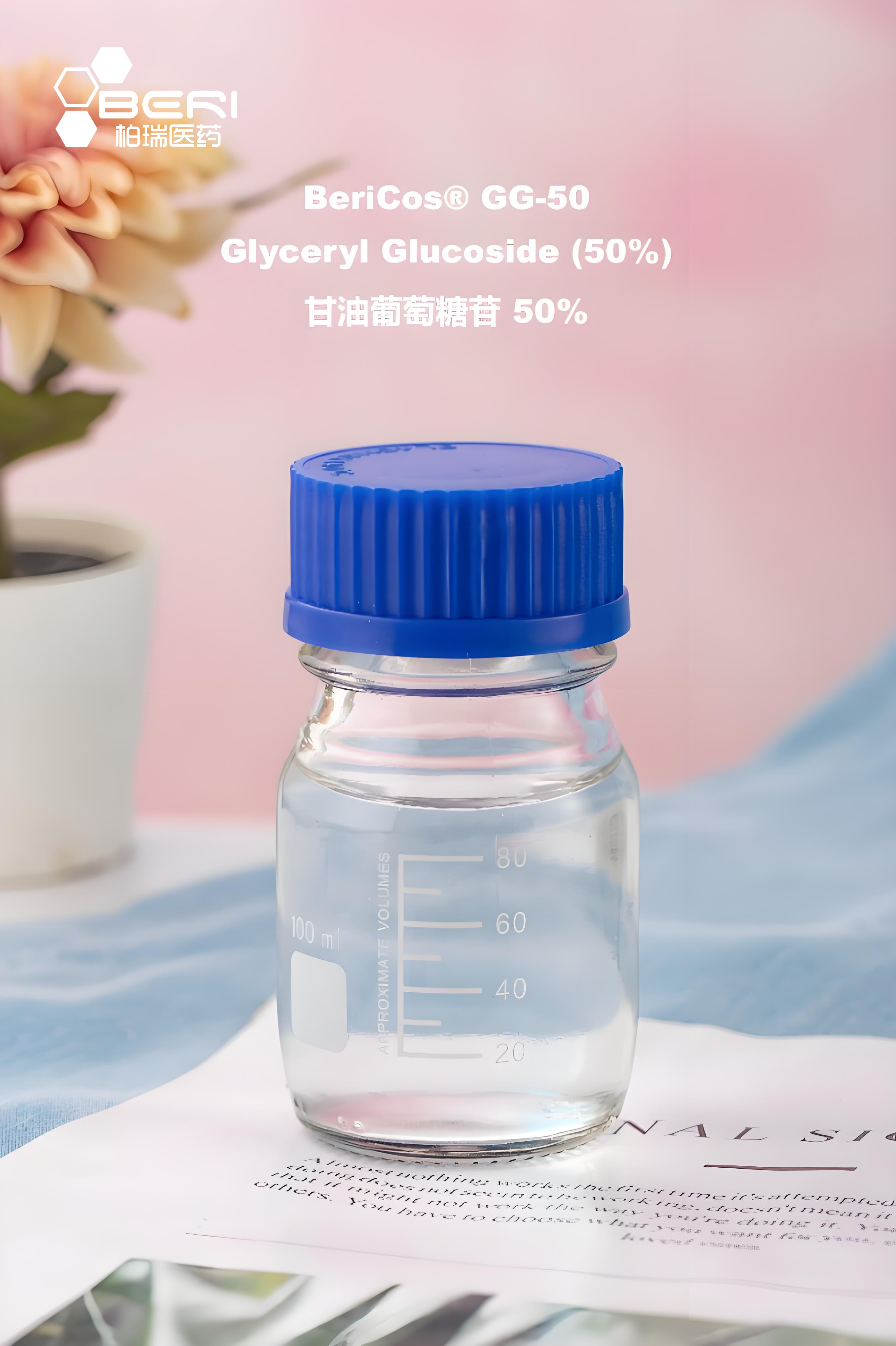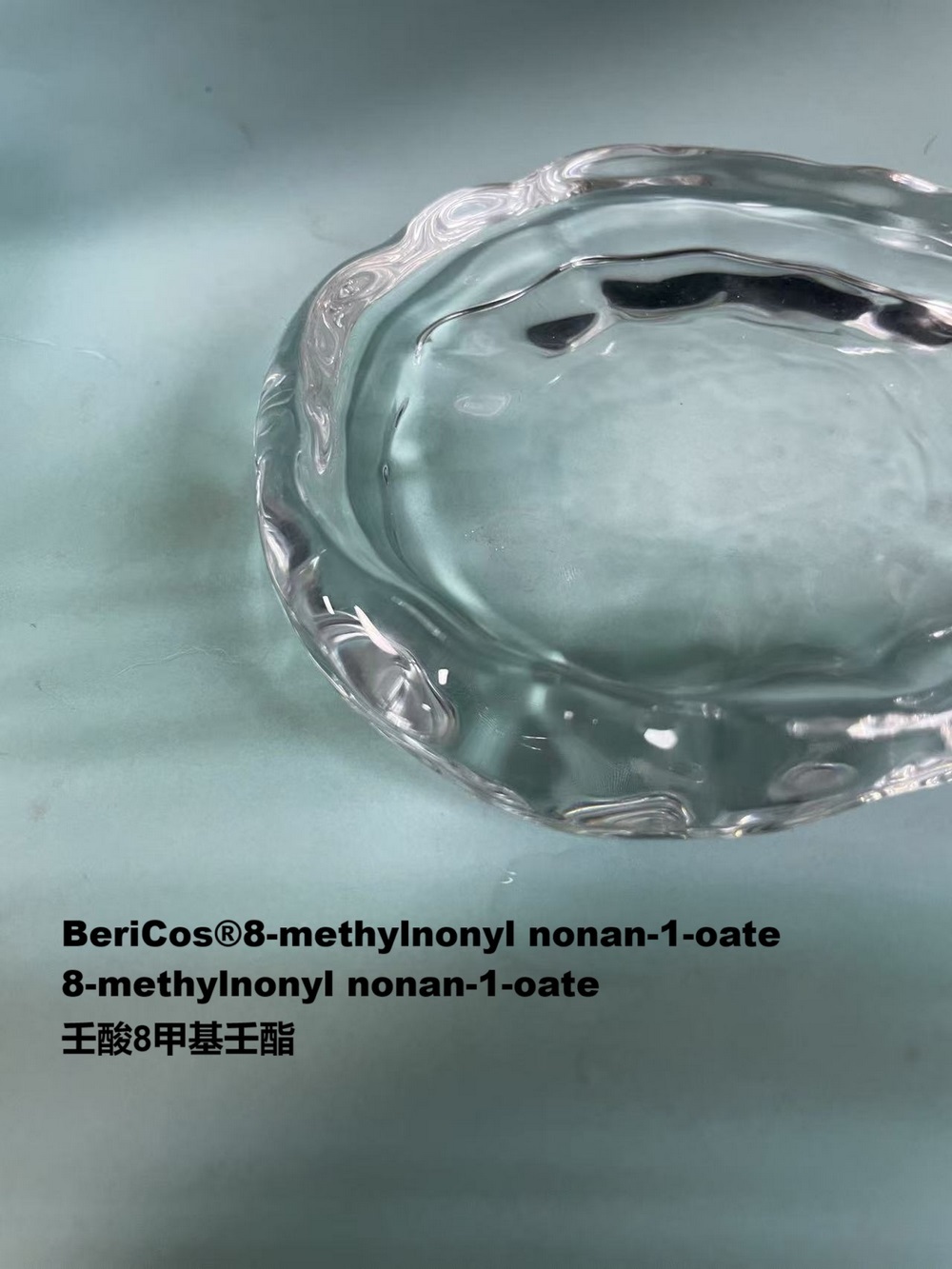
Alanyl Glutamine
Category:
Key words:
Product introduction:
L-Alanyl-L-Glutamine is widely used in cell culture, medical applications, and skincare products. In cell culture, it serves as an advanced additive, replacing traditional L-glutamine with higher stability and lower toxicity, effectively promoting cell growth and activity. In the medical field, L-Alanyl-L-Glutamine injection is used to supplement glutamine, helping to maintain immune function, promote protein synthesis, and support cell repair, especially for patients in a high metabolic state. Additionally, L-Alanyl-L-Glutamine has become a popular ingredient in skincare products due to its multiple benefits, including moisturizing, firming, soothing, repairing, and anti-photoaging properties. It helps to keep the skin hydrated, reduces inflammatory responses, promotes elastin synthesis, and has antioxidant capabilities to effectively combat photoaging caused by UV exposure, providing comprehensive skin protection.
L-Alanyl-L-Glutamine has broad application prospects in skincare. As a multifunctional ingredient, it integrates various benefits such as moisturizing, firming, soothing, repairing, and anti-photoaging, meeting the demand for efficient and comprehensive skincare products. Its non-toxic nature and minimal irritation to skin and mucous membranes make it suitable for all skin types, including sensitive skin. Moreover, it can synergize with other cosmetic ingredients (such as carnosine and tea polyphenols) to enhance skincare effects. With increasing consumer interest in natural and effective skincare ingredients, L-Alanyl-L-Glutamine is expected to play an important role in the skincare market and become one of the hot ingredients in the future.
Product Effects:
Moisturizing and Nourishing: L-Alanyl-L-Glutamine has moisturizing properties that help keep the skin hydrated and prevent dryness.
Firming the Skin: By promoting elastin synthesis, it significantly enhances skin firmness.
Soothing Sensitivity: It reduces inflammatory responses in the skin, providing a soothing effect.
Repairing and Anti-Photoaging: It promotes the regeneration and repair of skin cells and has antioxidant capabilities to effectively combat photoaging caused by UV exposure.
Product Applications:
It can be used in anti-wrinkle creams, serums, cleansers, masks, and other skincare products.
Recommended Dosage:
Generally added at a concentration of 0.01%-2%. The highest historical usage level in leave-on cosmetic products is 2%.
Welcome to ask for samples or negotiate: sales@zhberi.com
Related products
Related products
Welcome to leave a message for consultation




